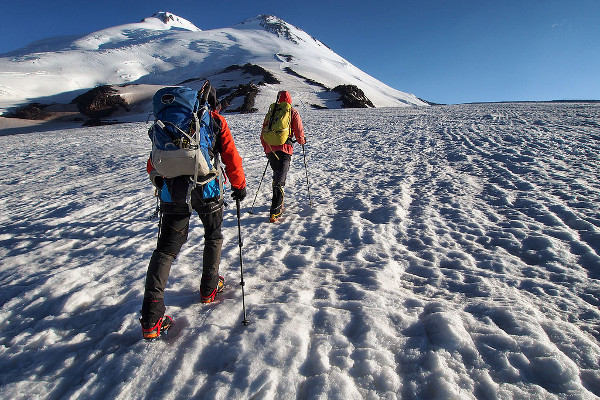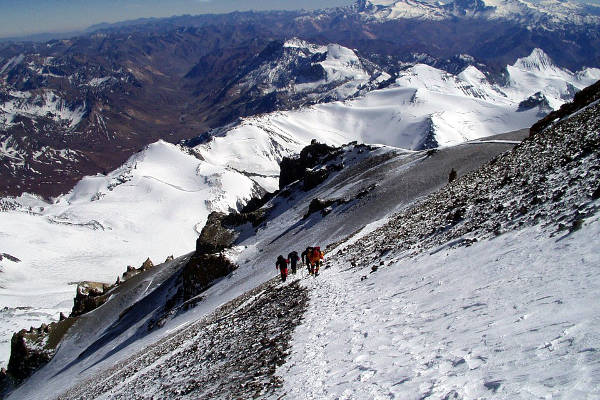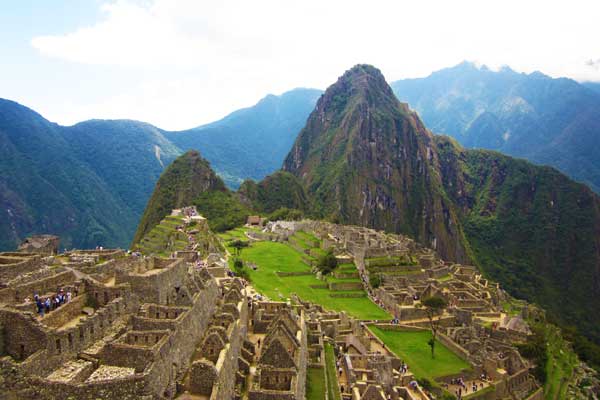Each of the 7 continents on our planet are home to incredible mountain landscapes.
From the high altitude peaks of the Asian Himalayas and South American Andes, to the ancient mountains of the African and North American ranges, there is an almost limitless number of adventures one can explore across the World's mountains.
On this page you will find links to detailed guides on the major mountain ranges in the world, iconic trekking and climbing peaks, and popular hiking routes.
Africa
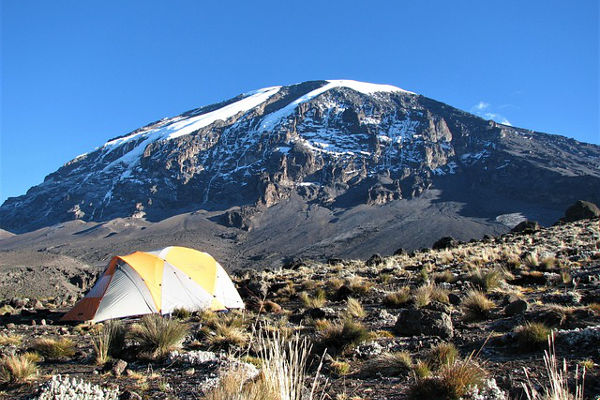
Africa is home to some of the world's most unique and awe-inspiring mountains.
In the north, one finds the famous Atlas mountains, home to Mount Toubkal.
Moving down through Central and East Africa are the Ethiopian Highlands and jungle landscapes of the Rwenzori and Virunga Mountains. This region is also home to the highest peaks in Africa, including Mount Kilimanjaro and Mount Kenya.
Dropping into southern Africa, there is a definite sense that the mountains are ancient. This is because the oldest mountains in the world are found in this region.
African Mountain Ranges
Popular African Mountains
African Highlight: Mount Kilimanjaro
With its iconic snow-capped peak and position as the highest mountain on the African continent, and tallest free-standing mountain in the world, Mount Kilimanjaro is a trekker’s ultimate adventure. The routes to the summit are varied, but all offer a unique experience to the Roof of Africa.
Kilimanjaro Route Options: Machame | Lemosho | Marangu | Rongai | Northern Circuit
Antarctica

Mountains are not the first thing that springs to mind when one things of the White Continent - Antarctica!
Surprisingly though, there are many mountains in Antarctica, some of which are super high.
The most significant range is the Transantarctic Mountains, which separates Antarctica into East and West.
Situated in the Transantarctic Mountains is a sub range called the Sentinel Range, which is home to the Vinson Massif and of course Mount Vinson, the highest peak on the continent.
Antarctica Mountain Ranges
Popular Antarctica Mountains
Asia
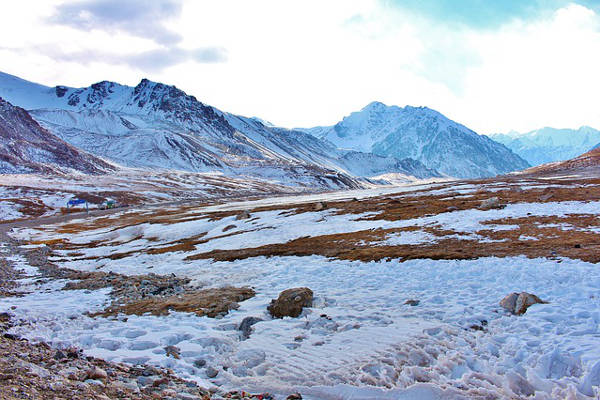
Without a doubt, Asia is the most impressive continent when it comes to mountains.
Not only is the continent home to the highest mountain in the World, Mount Everest, but it also has all 14 of the eight thousander peaks (mountain peaks that are 8000m above sea-level).
From the amazing Himalayas and Karakoram ranges to the Urals, which divide Asia from Europe, the Asian continent is the most sought after destination for mountain adventurers.
Asia Mountain Ranges
Popular Asian Mountains
Asian Country Guides
Nepal
Nepal is one of the best trekking countries in the World. We've written a complete guide to trekking in Nepal, here. To jump to specific trekking routes by region use the Quicklinks below.
Far West Region
Rara National Park
Manaslu Region
Kachenjunga Region
Dhaulagiri Region
Annapurna Region
- Annapurna Circuit
- Annapurna Base Camp Trek
- Annapurna Sanctuary Trek
- The Royal Trek
- Ghorepani Poon Hill Trek
- Jomsom Muktinath Trek
Mustang Region
India
India has some incredible trekking throughout the Northern regions. We've written a complete guide to trekking in India, here. To jump to specific trekking routes by region use the Quicklinks below.
Himachal Pradesh
Uttarakhand Region
Ladakh Region (see guide)
Bhutan
The Kingdom of Bhutan offers a number of fantastic off-the-beaten path treks. We've written a complete guide to trekking in Bhutan, here. To jump to specific Bhutan trekking routes use the Quicklinks below.
Popular Bhutan Routes
Popular Bhutan Articles
Epic Hiking Tours
Find your perfect adventure
Australia & Oceania

The Australian continent and wider Oceania region (including New Zealand, Papua New Guinea, Pacific Islands and Indonesia), have an impressive array of mountain ranges and iconic peaks.
Both the Australian Alps and Southern Alps in New Zealand are rich in varied mountain landscapes, although the latter is more picturesque and offers greater hiking and mountaineering experiences.
The highlights of the region are definitely Mount Cook / Aoraki in New Zealand, and Puncak Jaya / Cartensz Pyramid in Indonesia. See our 20 Best Hikes in New Zealand article for a comprehensive guide on choosing your best-suited day and multi-day hikes.
Australasia Mountain Ranges
Popular Australasia Mountains
Europe

From the incredible mountain ranges of the Alps, Dolomites and Pyrenees to the amazing trails in Scandinavia, in the Scottish Highlands and across the Mediterranean, you can be sure that Europe offers some of the most amazing mountain scenery.
Discover the most popular mountain ranges, mountains and hikes in Europe using our index below.
European Mountain Ranges
Popular European Mountains
Europe Country Guides
Popular European Hiking Routes
You may also like our guide to hiking in Jordan.
European Highlight: Mount Elbrus
Mount Elbrus is the highest mountain on the European continent and hence one of the coveted Seven Summits. Often described as a high altitude Mont Blanc or Rainer, Elbrus should not be underestimated. Learn everything you need to know about climbing Mount Elbrus.
North America

The vast North American continent has its most impressive mountains on its tectonically active Western side.
Running the full length of the continent is the American Cordillera, a series of ranges that include the Alaska Range, Cascades, Rocky Mountains and Sierra Nevada.
These mountains are home to some of the continents most famous peaks, including Denali, Mount Rainier and Mount Hood, as well as iconic treks like the Pacific Crest Trail.
The eastern side of the continent is home to the Appalachian range, which geographically divides the USA into east and west. This is where you'll find the infamous Appalachian Trail section hikes.
North America Mountain Ranges
Popular North American Mountains
North American National Parks & Hikes
Other North American Hikes
Highlight: Best Hikes in USA
USA is home to some of the most remarkable national parks filled with interesting topography, wildlife, and history dating back thousands of years. Explore some of the most magnificent hikes in the USA: Yosemite, Grand Canyon, Yellowstone, Zion, Glacier, Acadia, Smoky Mountains and more.
South America
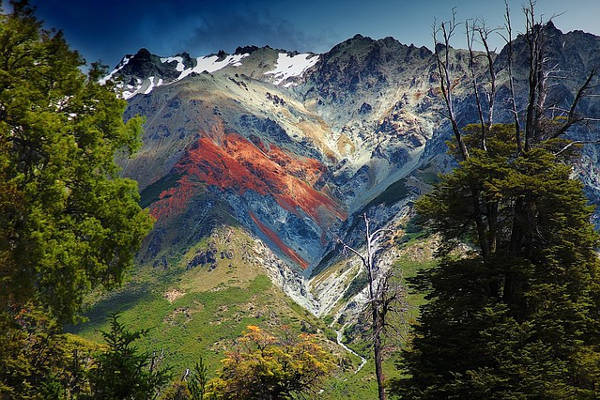
The South American continent is dominated by a single range, the Andes, which runs the full length of the continent and is the longest continental range in the World.
Due to its massive longitudinal span, the Andes can be divided into three main climate zones: the tropical Andes, wet Andes and dry Andes.
The range is home to some epic mountain peaks, like Aconcagua, the highest mountain on the continent, as well as amazing volcanoes like Cotopaxi in Ecuador.
Hiking on the continent is also amazing, with both Patagonia and hikes to Machu Picchu filling the bucket-lists of adventurers the world over.
South America Mountain Ranges
Popular South American Mountains
Highlight: Climb Aconcagua
Reach the summit of the highest mountain outside of Asia! In our Aconcagua guide we cover the three main routes to the summit, as well as provide detailed information on guides, gear, insurance, weather and much more.
Aconcagua Routes: Normal | Polish Direct | Polish Traverse
Highlight: Patagonia Trekking
Situated on the southern tip of South America, Patagonia is one of the most scenic trekking destinations in the world. The iconic Torres del Paine circuit and the Fitz Roy Trek offer unrivalled views of the granite monoliths, turquoise lakes and epic glaciers that characterise the region.
Patagonia Routes: Fitz Roy | W Trek | Full Circuit
Highlight: Machu Picchu
Machu Picchu in Peru, South America is the most well-known and popular Inca heritage ruin and is visited by over 1.2 million people every year. Here you will find all the free, useful, and unbiased information helping you get ready for an unbelievable trekking experience.
Routes: Inca Trail | Salkantay | Choquequirao | Inca Jungle | Lares | Vilcabamba
Seven Summits
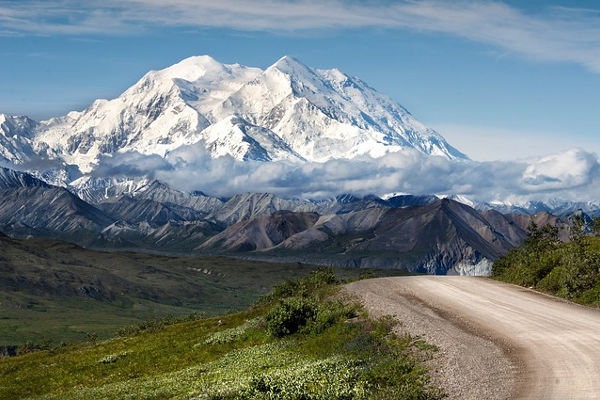
The Seven Summits are a coveted mountaineering challenge to summit the highest peaks on each continent.
From Mount Everest in Asia to Mount Kilimanjaro in Africa, this guide provides a full overview of each major climb.



